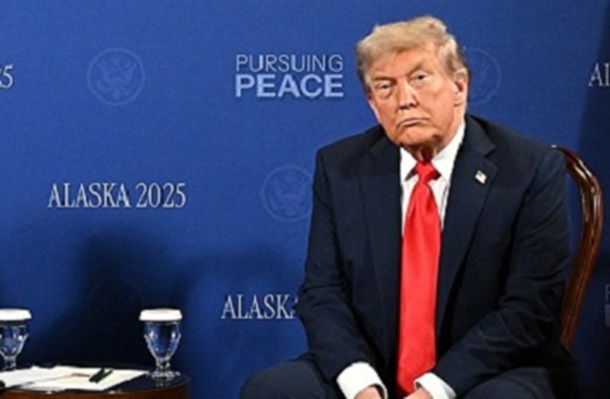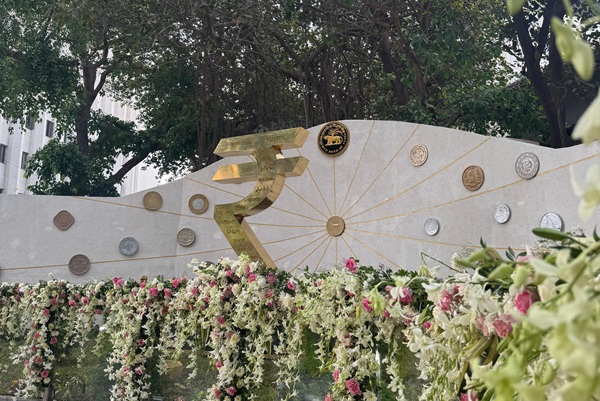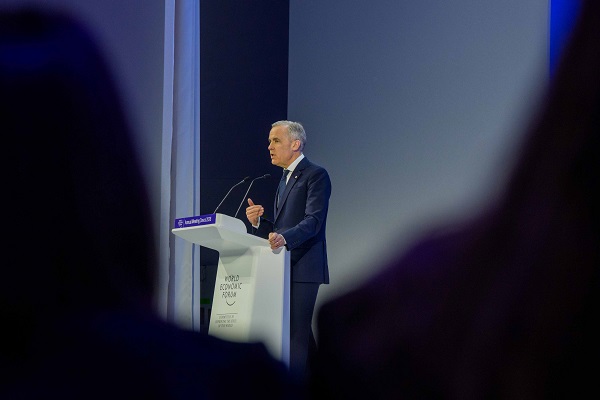.png)
JB Mohapatra, IRS, was the Chairman of the Central Board of Direct Taxes.
May 8, 2025 at 7:39 AM IST
India’s response to the Pahalgam terror attack has been swift and layered. Following the brutal killing of 26 civilians on April 22 at Baisaran meadow by Pakistan-backed militants, the government launched Operation Sindoor, the precision strikes deep inside Pakistan and Pakistan-occupied Jammu and Kashmir, targeting terror infrastructure.
This operation followed a calibrated diplomatic offensive of shutting down the Attari-Wagah check post, cancelling all visa categories for Pakistani nationals, and suspending the Indus Waters Treaty.
Yet, beyond military and border responses, a more subtle but potent tool lies dormant: “tax transparency frameworks”. These international cooperation mechanisms, which enable the automatic and spontaneous sharing of financial data between jurisdictions, can also be turned off quietly but effectively.
That is precisely what the United States did to Russia in 2022 after its invasion of Ukraine.
India should consider a similar course.
There are three core elements in this playbook.
Transparency Freeze
First, India could initiate a suspension of the Multilateral Competent Authority Agreement for Automatic Exchange of Information with Pakistan. This move would choke off Islamabad’s access to account-level financial data from over 120 countries. The Pakistani tax authority would lose visibility on overseas assets of its own citizens, severely impairing its ability to trace capital flight or enforce tax laws on global income.
Second, India could similarly suspend the MCAA on Country-by-Country Reporting. This would block Pakistan from receiving annual disclosures of revenue, profits, taxes paid, and economic activity of multinational firms operating within its jurisdiction. For a country seeking to expand its tax base, such a blackout would not be trivial.
Third, coordinated diplomatic outreach could target the network of bilateral Double Taxation Avoidance Agreements that Pakistan maintains with 66 countries. India can lobby like-minded jurisdictions to suspend or freeze treaty benefits, especially information exchange clauses. India can make it more difficult for Pakistan to enjoy the reputational and operational benefits of being a tax-cooperative nation.
Shadow Pressure
Why does this matter? Because while such measures may not generate immediate, headline-level impact, they carry signalling power. Multilateral development banks and rating agencies interpret opacity in financial governance as a red flag. If Pakistan is increasingly excluded from global tax reporting frameworks, it could face steeper borrowing costs, greater scrutiny, and reduced access to concessional financing.
Tax transparency protocols are not just about revenue collection; they are markers of good governance. Their suspension signals state complicity or laxity in dealing with illicit financial flows, including terror financing.
India’s broader objective is to raise the opportunity cost of cross-border terrorism. Leveraging global tax cooperation frameworks as part of this strategy is both innovative and proportionate. These measures spare ordinary Pakistanis but complicate matters for the state apparatus that supports extremist groups.
In a world where economic pressure is increasingly replacing boots on the ground, this is a domain where India can lead and shape precedent. Just as asset freezes and trade embargoes are now staples of modern sanctions regimes, transparency suspensions should be added to the toolkit.
Done right, they can impose silent, systemic costs—without firing a single shot.




